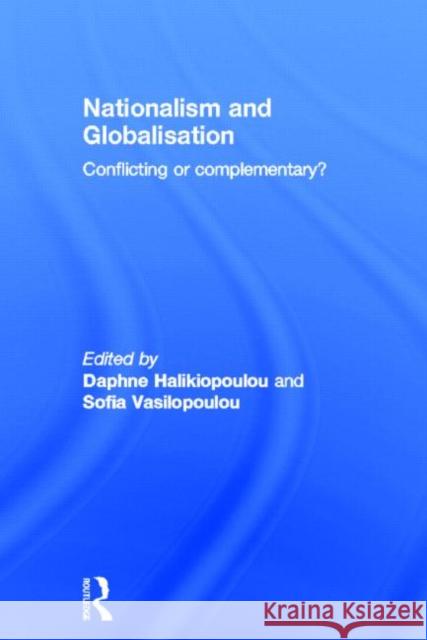Nationalism and Globalisation: Conflicting or Complementary? » książka
Nationalism and Globalisation: Conflicting or Complementary?
ISBN-13: 9780415581967 / Angielski / Twarda / 2011 / 208 str.
Nationalism and Globalisation: Conflicting or Complementary?
ISBN-13: 9780415581967 / Angielski / Twarda / 2011 / 208 str.
(netto: 666,90 VAT: 5%)
Najniższa cena z 30 dni: 654,86 zł
ok. 16-18 dni roboczych
dostawa w 2025
Darmowa dostawa!
What is the effect of globalisation on nationalism, and conversely how does the persistence of the nation affect globalizing forces? Does globalisation spell the end of the nation-state and if so, what is it that accounts for the persistence of nationalism in the modern world? Nationalism and globalisation are two central phenomena of the modern world, that have both shaped and been shaped by each other, yet few connections have been made systematically between the two. This book brings together leading international scholars to examine the relationship between nationalism and globalisation. With a range of case studies from Europe, the US and Asia, the authors focus on the interaction between globalisation, national identity, national sovereignty, state-formation and the economy and consider the ways in which nationalism has shaped globalising processes. Divided into three parts: * Part one provides the theoretical framework, identifying the issues that arise from this interrelationship, exploring whether nationalism and globalization are conflicting or can be complementary. * Part two examines how nationalism has shaped and has been shaped by globalising forces in the past. * Part three focuses on contemporary issues, including regionalisation, migration and citizenship, finance and capitalism, and the emergence of transnational popular and elite cultures on the nation state and national identity. It will be of interest to students and scholars of political science, sociology, history, economics and international relations.











